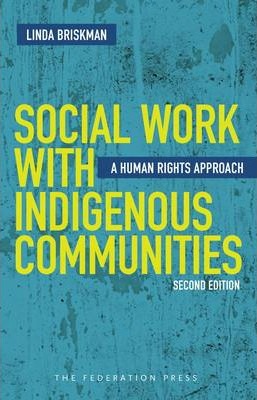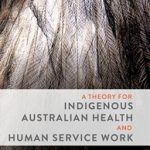The health and welfare of Australia’s Indigenous population is marked by recurring and seemingly intractable issues such as poor access to services, family violence, and high levels of infant mortality. More than 200 years of historical, cultural and political factors have shaped Indigenous lives – and the perceptions of social workers.
Linda Briskman, social worker, academic and author of the acclaimed book The Black Grapevine – Aboriginal Activism and the Stolen Generations, throws down the gauntlet to practitioners and students of social work, challenging them to pursue a better, more informed way of meeting the unique needs of this community.
She covers the issues that Indigenous communities face, with specific chapters devoted to the areas of children, youth, family violence, health, and criminal justice. Case studies are supported by literature and research to provide practitioners and students with a good understanding of the circumstances they will be presented with when working with Indigenous communities.
Good practice is marked by a recognition of the strengths of communities and an understanding of how to acknowledge and facilitate these. This book shows social workers how they can develop their skills in this area and excel in providing services with the best fit for Indigenous communities.
Contents:
Acknowledgments
About the Author
Abbreviations
Prologue – Beyond Sorry
Part 1 – Background and Context
- Challenges for social work
- A human rights approach
- Whither human rights?
- Global and local perspectives
- Racism in Australian society
Part 2 – Locating Social Work
- Social work and human rights practice
- Child and family welfare
- Youth (in) justice
- Adult (in) justice
- Health
Part 3 – Practising Social Work
- Reconstructing social work practice
- Advocacy and activism
- Community development
- Research
Part 4 – Talking Points
- Contested ground and debates
- The way forward









